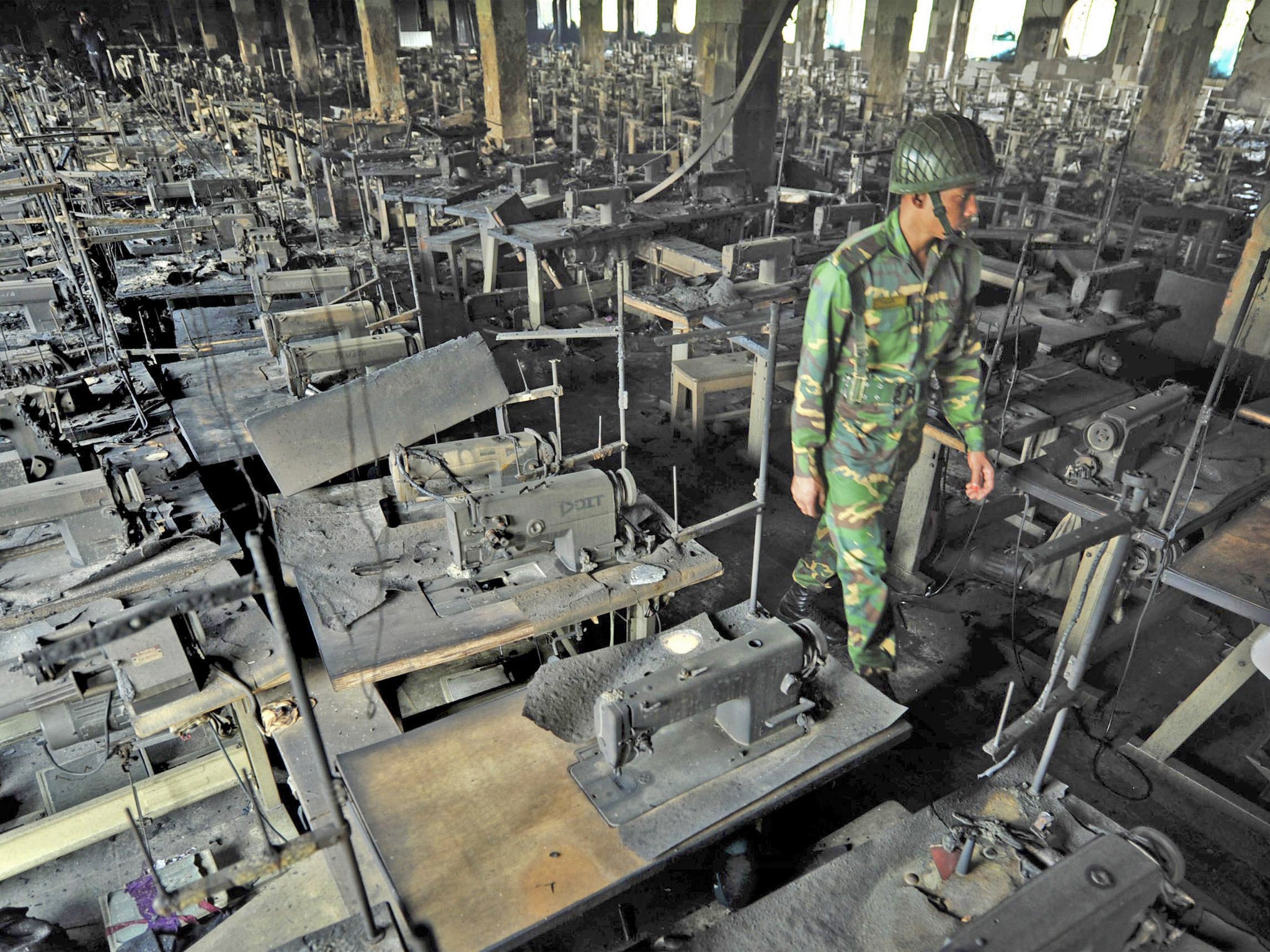US suspends Bangladesh trade privileges over poor workers' rights and safety
Move follows series of factory accidents, fires and collapses which have killed at least 1,200 this year

Bangladesh has criticised a decision by the US to suspend trade privileges to the country in what has been seen as largely symbolic gesture over working conditions and labour rights.
Richard Trumka, president of the AFL-CIO labour federation, told the Associated Press the decision to suspend Bangladesh’s duty-free access to US markets under the Generalised System of Preferences (GSP) programme should be considered an important move.
“Countries that tolerate dangerous - and even deadly - working conditions and deny basic workers’ rights, especially the right to freedom of association, will risk losing preferential access to the US market,” he said.
The US has taken the step following a series of accidents, fires and collapses at factory sites in Bangladesh that have left at least 1,200 people dead this year.
Suspending Bangladesh from the GSP programme will increase duties on a range of products the country exports to the United States, including tobacco, sporting equipment, plastic goods and a small amount of textile products.
But it could prompt the European Union into similar action, which would have a bigger impact, as Bangladesh’s clothing and textiles exports to the EU – unlike to the US - are currently duty-free.
“I have determined that it is appropriate to suspend Bangladesh because it is not taking steps to afford internationally recognised worker rights to workers in the country,” President Barack Obama said in a statement.
But in a statement, the Bangladesh foreign ministry hit back. “It cannot be more shocking for the factory workers of Bangladesh that the decision to suspend GSP comes at a time when the government of Bangladesh has taken concrete and visible measures to improve factory safety and protect workers’ rights,” it said.
Join our commenting forum
Join thought-provoking conversations, follow other Independent readers and see their replies
Comments